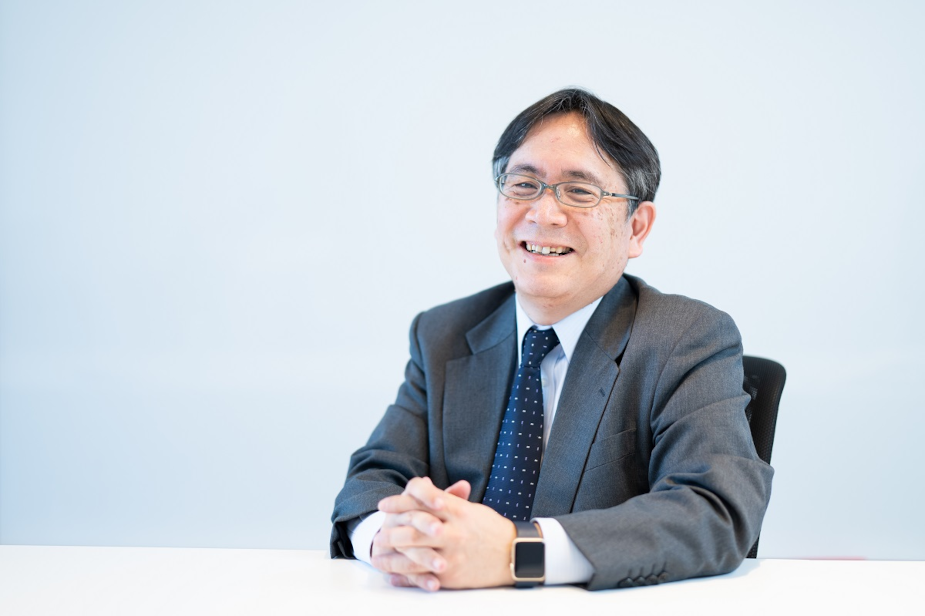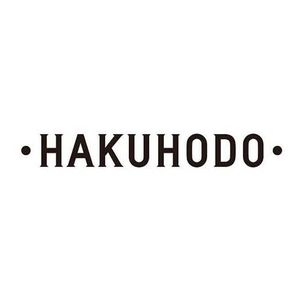
Igniting the Creativity Inside Each Individual
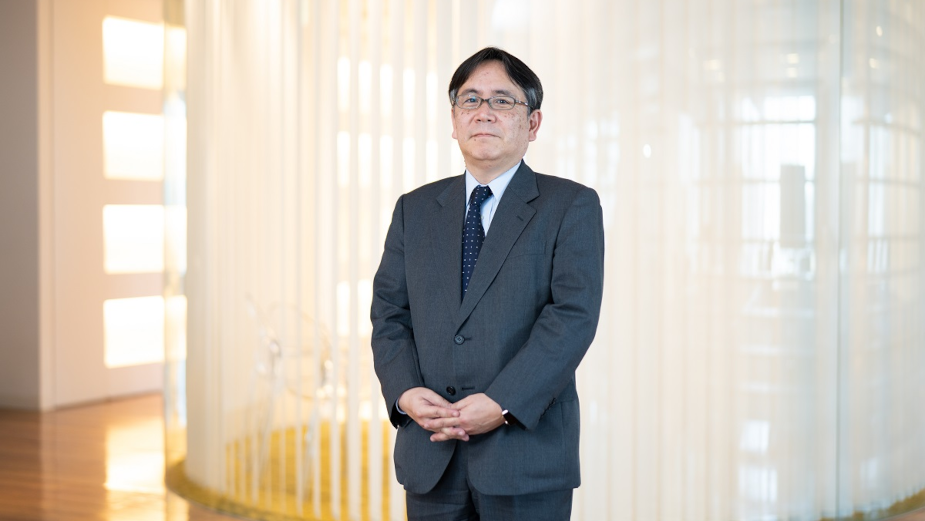
Last year, Hakuhodo declared its commitment to using its creativity to provide new value to society. However, the creativity that underpins this has been implicit and rarely expressed in words until now. This series delves into Hakuhodo’s creativity. In this fourth article, we talk to Jun Chuma, the General Manager of Hakuhodo’s Human Resource Development Division, about the company’s approach to human resource development and its distinctive training programs that work to sharpen employee creativity.
No training for creativity
Firstly, could you explain the position of creativity in the development of human resources at Hakuhodo?
We believe that creativity is a quality that all Hakuhodo employees should have as a matter of course, but also that how we boost our employees’ creativity is a major challenge. Although we conduct around 200 training programs a year, we have none that “strengthen creativity.” Taking these courses will not necessarily make our people creative, and by the same token, all the courses contain elements that will help them hone their creativity. Creativity is a muscle that you build up in the process of studying it, thinking about it and implementing it in your work every single day. Training, to me, is a venue for providing an opportunity to do this.
The corporate university Hakuhodo Univ. was established as a specialised organ for developing human resources in 2005.
At the time, Junji Narita, who is currently Senior Advisor, had just been appointed President & CEO and announced 'Creative Hakuhodo' as the new management direction. As long as they were employees of Hakuhodo, everyone needed to be creative. Hakuhodo Univ. was established as a place for honing employee creativity. The reason we called it a university and not a training facility is because we didn’t want it to be a place for compulsory education, but a place of learning that employees would voluntarily participate in. It might be more accurate to call it 'growth' rather than 'education.'
Personally, I like to say that Hakuhodo Univ.’s significance is as a place for setting our employees on fire. People’s talents bubble up from within. There’s only so much we can do by teaching; the rest is up to the individual and how well they can manifest what they’ve learned. Training should also be conducted in the spirit of igniting a spark.
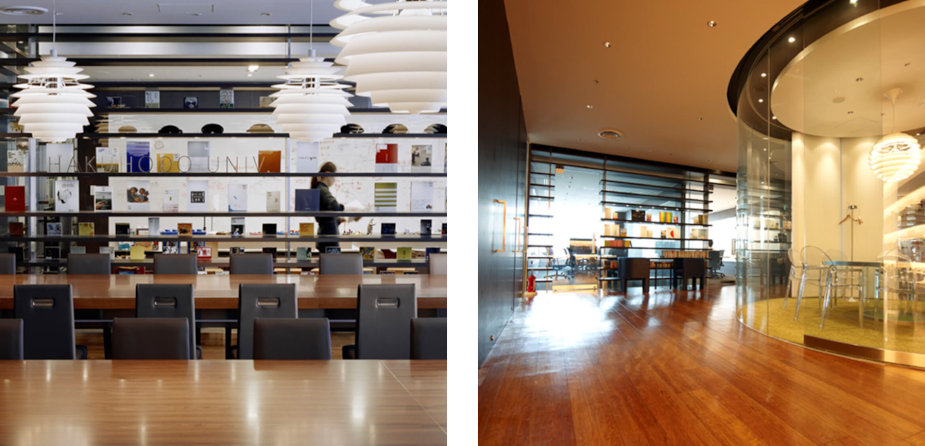
Offering around 200 training courses, what would you say distinguishes them?
Various things, one of which is that many of our courses are taught by employees. Thankfully, they all take on the role happily. [Laughs] I thought that was perfectly natural, but it seems that Hakuhodo is unusual in this regard.
Creativity resides in the individual. It is different for everyone. That being so, coming into contact with various styles of creativity from all kinds of employees is extremely valuable. When employees teach courses, they don’t only teach skills, but talk about their experiences and thoughts about the subject, and these all become lessons for the employees taking the training.
Looking back, Hakuhodo instituted a training system in around 1955, and established a training facility for new hires called Hakuhodo School in 1965. At the time, new hire training was conducted across a full year. And at Hakuhodo School, too, it was employees who were the instructors. This is something we have done for many, many years. Hakuhodo’s very roots are in educational magazines, and I’ve heard that the company has been extremely enthusiastic about education since its earliest days. The fact we have so many employees that like teaching could rightly be called a culture that’s become rooted in our company, or even an artform that’s been handed down to us.
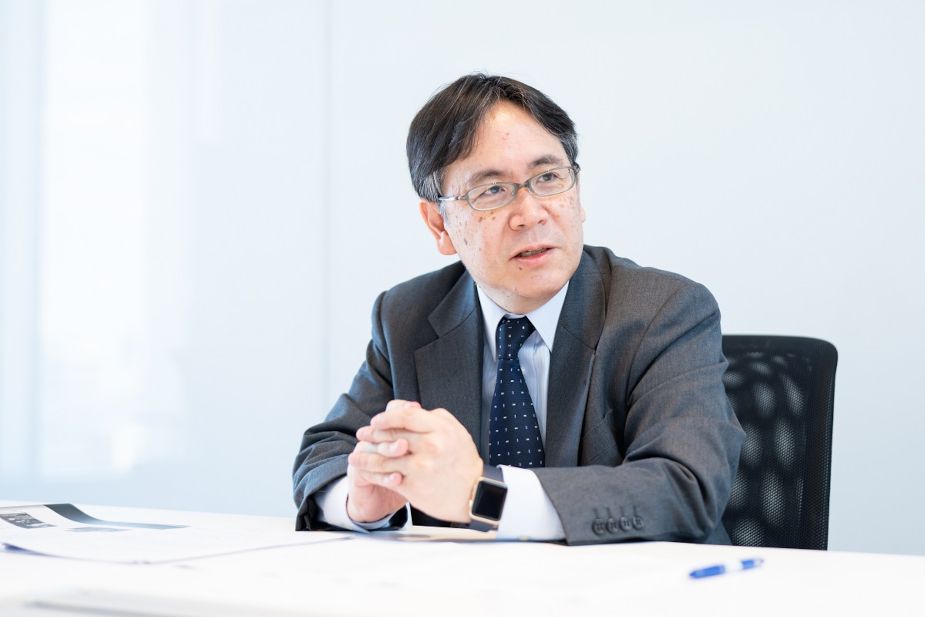
Learning to bump against each other in nearly 50 years of provisional hire training
Is there a course that is particularly central?
The most distinctive course is our training for provisional hires fresh out of university. This is a three-day, two-night training camp we conduct by dividing new graduates we’ve given provisional offers to into groups of around 30. It’s conducted at a training facility we set up in Karuizawa so, internally, it’s known as Karuizawa Training. Having been run since 1971, it has a very long history, and our Chairman, Hirokazu Toda, and President & CEO, Masayuki Mizushima, also participated in the training. It has participants carefully work through problems through teamwork using the KJ Technique developed by Japanese cultural anthropologist Jiro Kawakita.
The training serves two main purposes, one of which is to give participants the experience of thinking deeply, continuously asking why, and thinking things all the way through. We give them a topic and have them think about it on a really deep level right up to the deadline.
The other purpose is to give them experience of thinking in a team. Hakuhodo’s strength lies in the way we bump eclectic personalities against each other and layer idea on idea to come up with results as a team, and we teach methods for pitting one another’s ideas against each another during this camp. In the training, teams of five or six take on a challenge. The more members a team has, the more varied its opinions. It is not easy to accept opinions that differ from our own, and in the beginning, we can feel rejected. But by accepting the ideas of others and keeping talking, we can come up with ideas that we would never have reached on our own. The provisional hire training is an invaluable time when participants get their first experience of Hakuhodo’s unique team culture.
It is quite idiosyncratic, given that it’s training for provisional hires.
The training seems to remain vivid in the memories of many employees. An important hidden benefit of the Karuizawa Training is ridding people of their addiction to conventional solutions. At school and in their exams, they’ve mainly been pursuing “correct answers.” We want them to feel the joy of taking on challenges in the business world that have no correct answer. So during the training we prohibit smartphones and searching the internet. Also, the presentations the teams make are all handwritten. Creativity is honed in the process of thinking things over in your head, discussing ideas with others, then actually writing things down by hand. That’s why we deliberately keep things analog.
The number of mid-career hires has also increased in recent years and we have employees that have not experienced the Karuizawa Training, so we conduct training for them at Hakuhodo Univ. We often hear from those that take part in this training that they now get why Hakuhodo employees value meetings so highly and get excited by them.
What courses do you have for employees after they are inducted?
We have a course for young employees called Copywriting School that is also rather unique. All employees in their third year or thereabout take this course, regardless of their roles. Copywriters working on the frontlines of the company teach the course, with lots of 'classes' created, each around a different teacher, like temple schools. The course runs for three to four sessions, with trainees receiving a challenge at each session that they need to come up with catchphrases for as their homework. The instructors edit the catchphrases extensively, and critique them in front of everyone. We started this when we established Hakuhodo Univ., so it has been continuing for around 15 years now.
The course is called Copywriting School but it is not a place for learning copywriting techniques. The purpose is to have our people learn how to think about things from various perspectives, get to the crux of them, consider how to condense them into one phrase, then actually put them into words.
Today, techniques for determining the essence of things and expressing that directly are essential in business. This goes even more for companies like ours whose bread and butter is communication; it is a skill that every one of employees needs to have.
Incidentally, what each of these classes teaches is completely different, as we leave it up to each instructor to decide what they want to teach, and we are happy with that. Through training opportunities like this, we pass ways to manifest Hakuhodo-like creativity on to our employees.
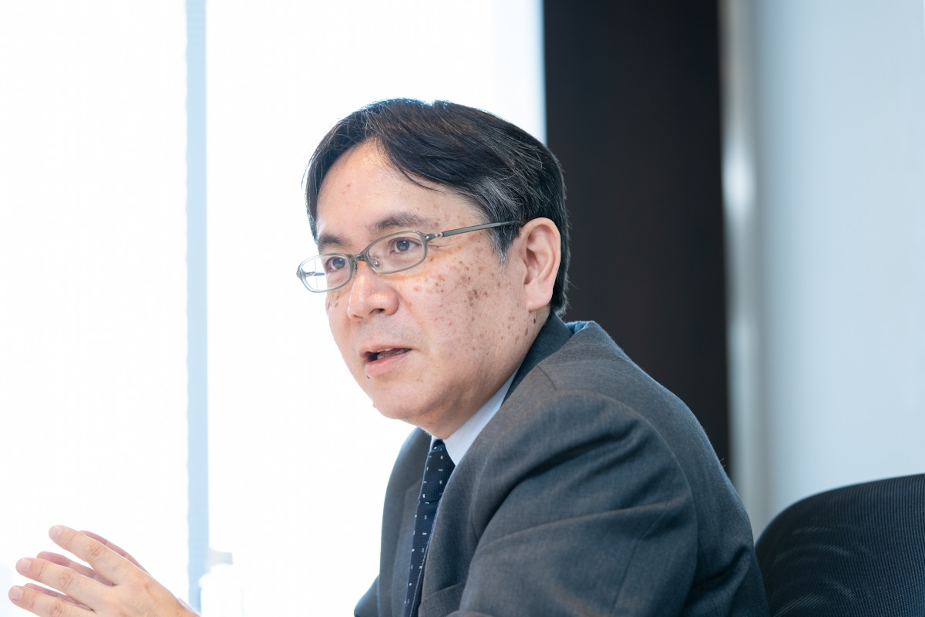
The importance of each person revisiting and developing their individuality
What is your view on Hakuhodo renewing its commitment to using its creativity to provide new value to society?
As the business environment undergoes dramatic changes, I think it was time for Hakuhodo to make its creativity known more broadly. Hakuhodo has had a culture of developing creativity since way back, but it was pretty much restricted to the advertising domain. However, in recent years we have leapt beyond the bounds of advertising, so our business now extends to creating businesses and providing solutions to social issues. While this represents a huge opportunity, it is also not enough just to provide creativity in previously unknown domains. It is important, I feel, to consciously work on those areas in which we are lacking.
Where do you think we have been lacking?
One thing is opportunities to be buffeted more by the world outside to broaden our perspectives. Within the company, we have long honed our creativity by bumping critical opinions against each other time and again, but we have not had a great deal of opportunity to do this with people outside the company. The idea that advertising companies should stay behind the scenes is still held by some. As the world speeds up and tricky social issues proliferate, in order to manifest our creativity in such areas, Hakuhodo employees need to get out in the world more, jump into environments they’ve known before, actively debate matters with people from other backgrounds, and build up their co-creation experience.
Another thing I don’t think we do enough is to go back to our origins. You might be surprised by that, but the more the things we are able to do in our business expand, the more important it is to be aware of what we want to do and want to realize. Why do I work? What inspired me to take this job? What makes my blood boil with righteous indignation? It is easy to forget who we are in the cut and thrust of our work every day. But for every employee to manifest creativity, I think it is even more important for all of us to go back to who we are, and to create opportunities to consciously sit down and examine our inner selves.
From a human resource development perspective, what are you doing to support the creation of such opportunities?
The year before last we reviewed our HR systems and since then have been asking employees to draw up personal medium-term growth plans once a year. What do I really want to do? How do I want to realize that in the company? To achieve that, how will I act in the next few years? The system asks our people to think about these things then discuss them with their superiors. Naturally, we can’t realise all of their hopes right away, but the important thing, I think, is to write down the thoughts that come out of this looking back, and actually create opportunities for saying them aloud.
The substance of Hakuhodo’s creativity will never change. We want to give people joy, to give society joy. The root of this is the KJ Technique from Karuizawa. The foundation of our creativity is an even playing field within the company—whether you’re the president or a rookie—which allows brainstorming to flourish. This corporate culture has been made possible by our focus on the individual throughout the years. By continuing to bring in diverse and varied personalities, I look forward to honing this even further in the years to come.
